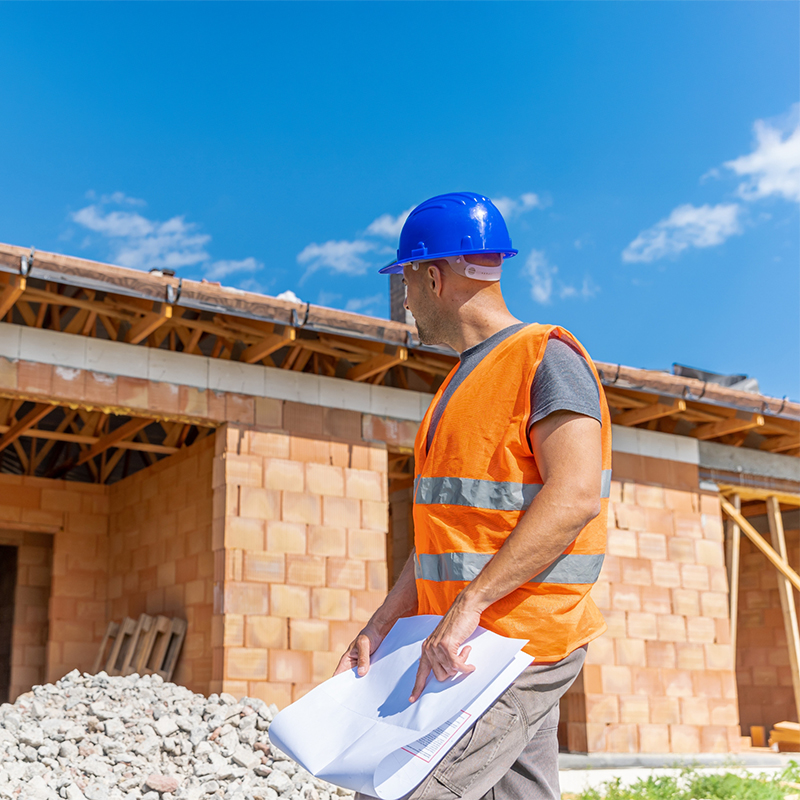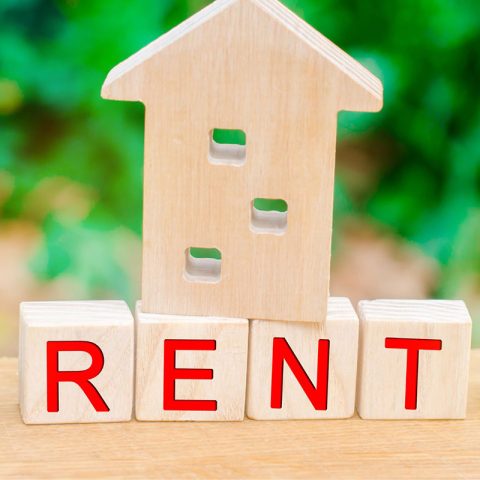Underlying all of this is a labour challenge. The Housing Industry Association (HIA) has warned that Australia needs an additional 83,000 skilled workers across the top 12 residential trades to keep up with demand.
Without them, projects are delayed and construction costs climb higher. HIA Managing Director Jocelyn Martin says, “The shortage of skilled workers is a major impediment to the supply of housing. Labour shortages are resulting in project delays, which add to the cost of construction.”
The competition for trades is expected to intensify as governments roll out large-scale infrastructure projects alongside residential developments. Currently, there are around 343,000 apprentices and trainees in training, with 100,000 in construction, but this pipeline is not enough to meet future demand.
At the same time, ABS data shows dwelling approvals fell 8.2% in July, with apartment approvals hit hardest. While New South Wales and Western Australia saw a modest 3% lift in private house approvals, the overall trend is down.
Master Builders Australia CEO Denita Wawn warns that demand is there, but unless approvals are streamlined and more workers are brought into the industry, supply will continue to lag.



